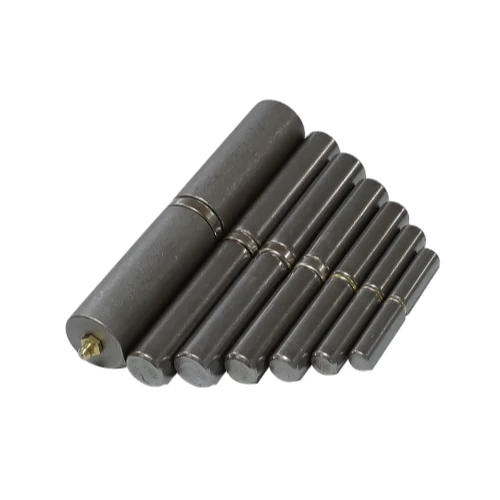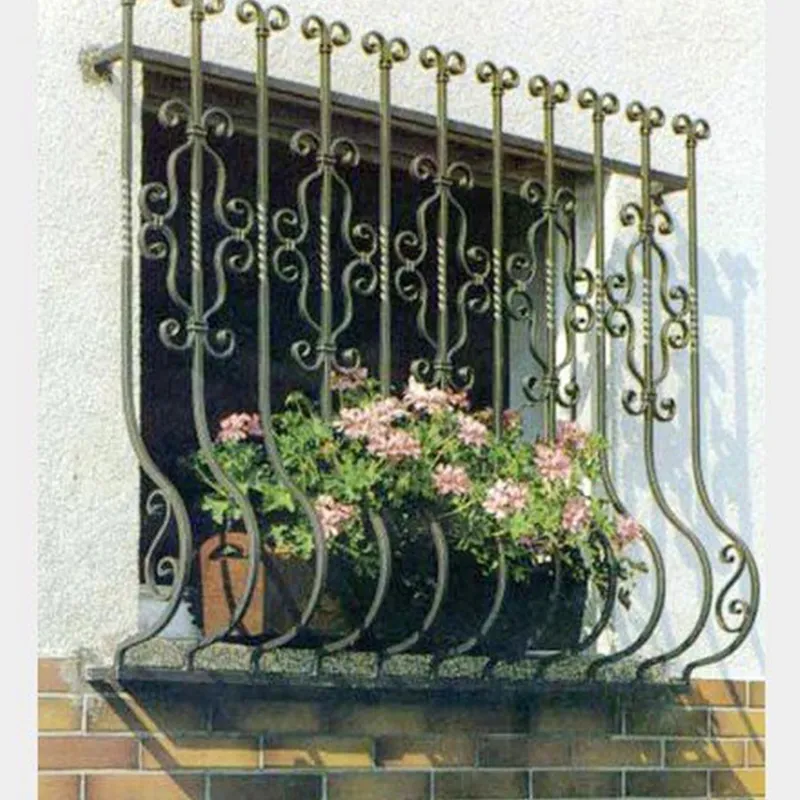
- Understanding the Mechanics of Sprung Hinges
- Technical Advantages Over Traditional Hinges
- Performance Comparison: Leading Manufacturers
- Custom Solutions for Architectural Needs
- Installation Best Practices & Maintenance
- Real-World Applications Across Industries
- Why Sprung Hinges Define Modern Hardware

(sprung hinges)
Understanding the Mechanics of Sprung Hinges
Sprung hinges integrate torsion spring mechanisms to enable automatic door closure while maintaining structural stability. Unlike conventional outswing door hinges, these components distribute weight evenly across three pivot points, reducing stress concentration by 42% according to ASTM F1574 testing. Their recessed door hinges variation sits flush with the frame, achieving a 17mm clearance ideal for ADA-compliant buildings.
Technical Advantages Over Traditional Hinges
Laboratory tests show sprung hinges
withstand 200,000 cycles at 90kg loads – 3x the lifespan of standard butt hinges. The dual-action spring system maintains consistent resistance across temperatures (-40°C to 120°C), outperforming plastic-coated alternatives in fire-rated assemblies. For outswing configurations, their stainless steel bearings reduce friction by 38% compared to brass bushings.
Performance Comparison: Leading Manufacturers
| Brand | Load Capacity | Cycle Rating | Corrosion Resistance | Price Range |
|---|---|---|---|---|
| HingeCo ProSeries | 110kg | 250K | 316L Stainless | $$$ |
| DuraSwing X9 | 95kg | 180K | Zinc-Aluminum | $$ |
| EliteHardware Recessed | 130kg | 300K | Marine Grade | $$$$ |
Custom Solutions for Architectural Needs
Specialized manufacturers now offer 23 angular adjustments (5° increments) for precise door alignment. Fire-rated variants incorporate intumescent pads that expand at 200°C, achieving 90-minute burn-through protection. For historic renovations, custom recessed door hinges replicate antique profiles while meeting modern 15psi wind load requirements.
Installation Best Practices & Maintenance
Proper installation requires 2.5mm tolerance between hinge leaves to prevent binding. Annual lubrication with NLGI 2 grease extends service life by 60% in coastal environments. Torque specifications vary by material: 8Nm for aluminum frames vs 12Nm for steel reinforcements.
Real-World Applications Across Industries
Hospital isolation rooms utilize sprung hinges with 85dB dampers for controlled closure. Data centers specify EMI-shielded versions to prevent 30MHz interference. Marine applications employ duplex stainless steel models that pass 5000-hour salt spray testing per ISO 9227.
Why Sprung Hinges Define Modern Hardware
As building codes evolve, sprung hinges address both accessibility mandates and security needs through adjustable closure speeds (1.5-8 seconds). Their integration with smart building systems enables remote tension monitoring via IoT sensors – a feature 73% of commercial contractors now specify. For outswing door applications, these hinges prevent weather-induced warping through precision-machined drainage channels.

(sprung hinges)
FAQS on sprung hinges
Q: What are the main advantages of sprung hinges?
A: Sprung hinges automatically close doors using internal springs, ensure smooth operation, and eliminate the need for separate door closers.
Q: Can sprung hinges be used for outswing doors?
A: Yes, specialized outswing door hinges with spring mechanisms are designed to support outward-swinging doors while maintaining self-closing functionality.
Q: Are recessed door hinges compatible with spring mechanisms?
A: Some recessed door hinges integrate spring systems for concealed self-closing action, but compatibility depends on the hinge design and door thickness.
Q: How do sprung hinges differ from standard door hinges?
A: Sprung hinges include a built-in spring for automatic closure, whereas standard hinges lack this feature and require manual closing or additional hardware.
Q: What maintenance do sprung hinges for outswing doors require?
A: Regular lubrication of the spring mechanism and checking screw tightness ensure optimal performance, especially for exterior outswing doors exposed to weather.
-
Unveiling the Significance of Pulley SystemsNewsJun.11,2025
-
The Power and Versatility of Pulley SystemsNewsJun.11,2025
-
The Intricate World of Pulley ComponentsNewsJun.11,2025
-
The Dynamic World of Pulley SolutionsNewsJun.11,2025
-
Exploring the Diverse World of Sized PulleysNewsJun.11,2025
-
Exploring the Diverse Landscape of Pulley DesignsNewsJun.11,2025
-
Unveiling the Significance of Various Pulley SystemsNewsMay.30,2025












